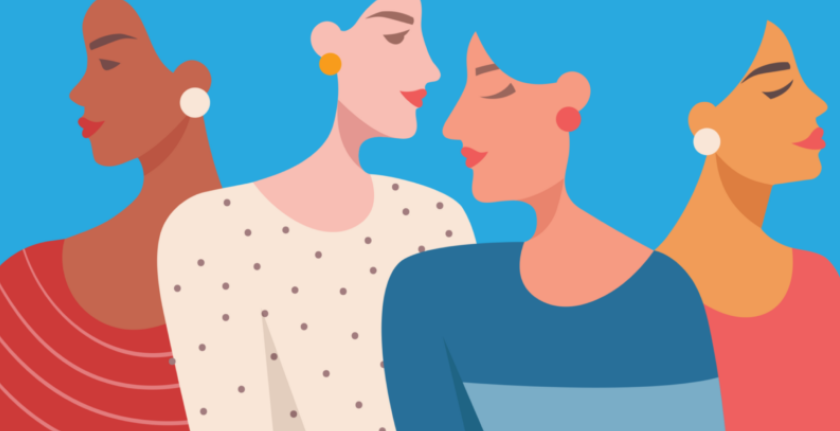This phenomenon has been perpetuated by celebrities who pushed for acceptance for people regardless of whether they are cisgender, transgender, or are simply gender-fluid, in an attempt to break free from societal expectations when it comes to gender.
Defining gender through terms
To understand the rise of non-binary gender terms, we must first define several terms which is often closely related to one another.
What is gender?
Our sex is something that is assigned to us at birth but gender is something that is entirely a human social construct. Girls wear pink and play with dolls, or boys don't cry, these are all stereotypes that are a result of this social construct, which has caused a slew of problems for society from gender-bias to sexism, and has led to multiple revolutions and movements across history, in an attempt to win back some semblance of control.
Gender expression vs gender identity
However, it is worth noting that one's expression gender does not represent our gender identity. As mentioned above, a boy could love dolls and makeup and still consider himself a boy and is attracted to females. On the the hand, a girl who expresses herself as a tomboy and wants to be an astronaut or a soldier - traditionally male careers - can also view herself as cisgendered.
How do we define transgenders?
A delicate topic at most, transgenders have been prosecuted all over the world and you'll see issues ranging from how do we call transgender women in Asia and around the world, as well as how trans are treated. For this reason, many individuals who consider themselves trans much rather prefer non-binary terms that do not restrict them to traditional concepts and expectations of being male, female, male trans, or female trans.
Issues and controversy surrounding non-binary individuals
If you're biologically female but identify and represent yourself as a male, which bathroom do you use? This issue has been so rampant in gender identity cultures that there has been talk of creating a third gender to avoid this problem altogether. However, some advocates have noted that this will create a whole new slew of problems as it singles out trans or non-binary individuals. A second option, which was to implement unisex bathrooms is generally much more beneficial to such individuals as it doesn't carry with it any preconceived stigma.
How far we have come and how much farther we can go
While non-binary terms have been around since 1995, it was only in recent times did humans as a collective began advocating for their representation and fair treatment. While we can still do much better in terms of accepting and respecting them, the world is looking up for non-binary people and we have come a long way from ostracizing them.






















 sunrise
StableDiffusion
sunrise
StableDiffusion
 bonfire friends
StableDiffusion
bonfire friends
StableDiffusion
 sadness
StableDiffusion
sadness
StableDiffusion

 purple skies
StableDiffusion
purple skies
StableDiffusion





